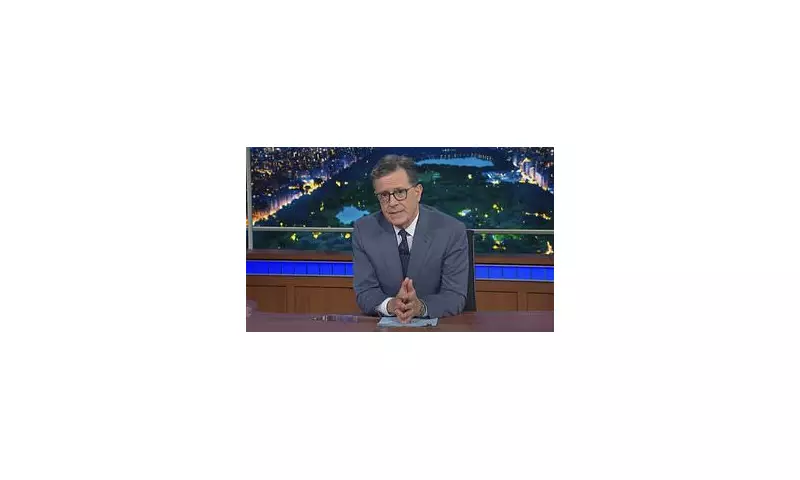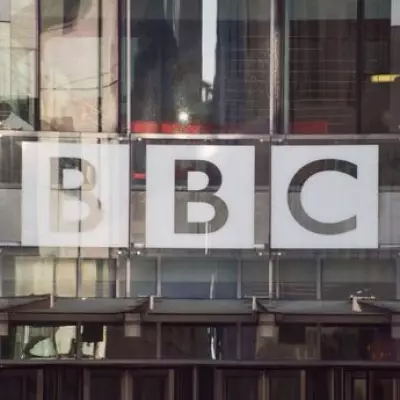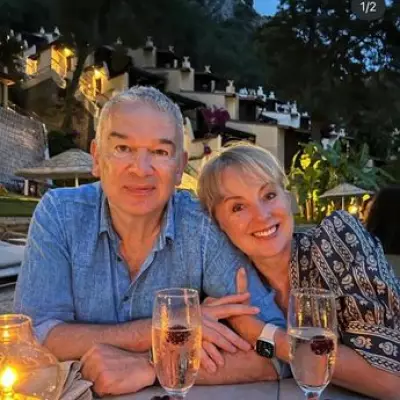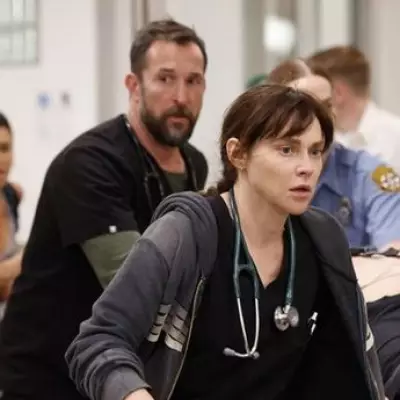
In a poignant and deeply personal monologue that departed from his usual comedic fare, Stephen Colbert used his platform on The Late Show to address the tragic shooting that erupted following an event featuring conservative commentator Charlie Kirk.
The incident, which occurred on the periphery of the University of Utah campus, resulted in one fatality and left the campus community in a state of shock and mourning. Colbert's response was measured, emotional, and sharply critical of the political climate he believes contributed to the violence.
A Shift from Comedy to Solemn Commentary
Known for his sharp wit and political satire, Colbert opened his show on a sombre note. He directly addressed the shooting, stating it was his responsibility to speak on matters of such gravity. The host expressed his profound sympathy for the victim and all those affected by the senseless act of violence.
Colbert then turned his attention to the content of the event that preceded the tragedy, specifically targeting Charlie Kirk and his organisation, Turning Point USA. He criticised what he described as inflammatory and divisive rhetoric, suggesting that such language can create a dangerous and volatile environment.
Linking Rhetoric to Real-World Violence
The core of Colbert's argument centred on the potential consequences of political speech. He questioned the impact of demonising opponents and using alarmist language, implying a direct line can be drawn from words to actions.
"When you constantly frame political disagreement as an existential battle," Colbert argued, his tone grave, "you cannot be surprised when someone in the audience takes that framing literally." He stopped short of blaming Kirk directly for the shooter's actions but firmly placed the event within a broader context of escalating political hostility.
A Plea for Unity and Responsibility
Moving beyond criticism, Colbert's monologue evolved into a plea for compassion and national unity. He called for a de-escalation of political language and for public figures to consider the immense responsibility that comes with their influential platforms.
His message was clear: while free speech is paramount, it must be coupled with a sense of duty and an awareness of its potential power to incite. He ended his segment by honouring the life lost and reiterating his hope for a less divisive future, a moment that resonated deeply with his audience and viewers online.





